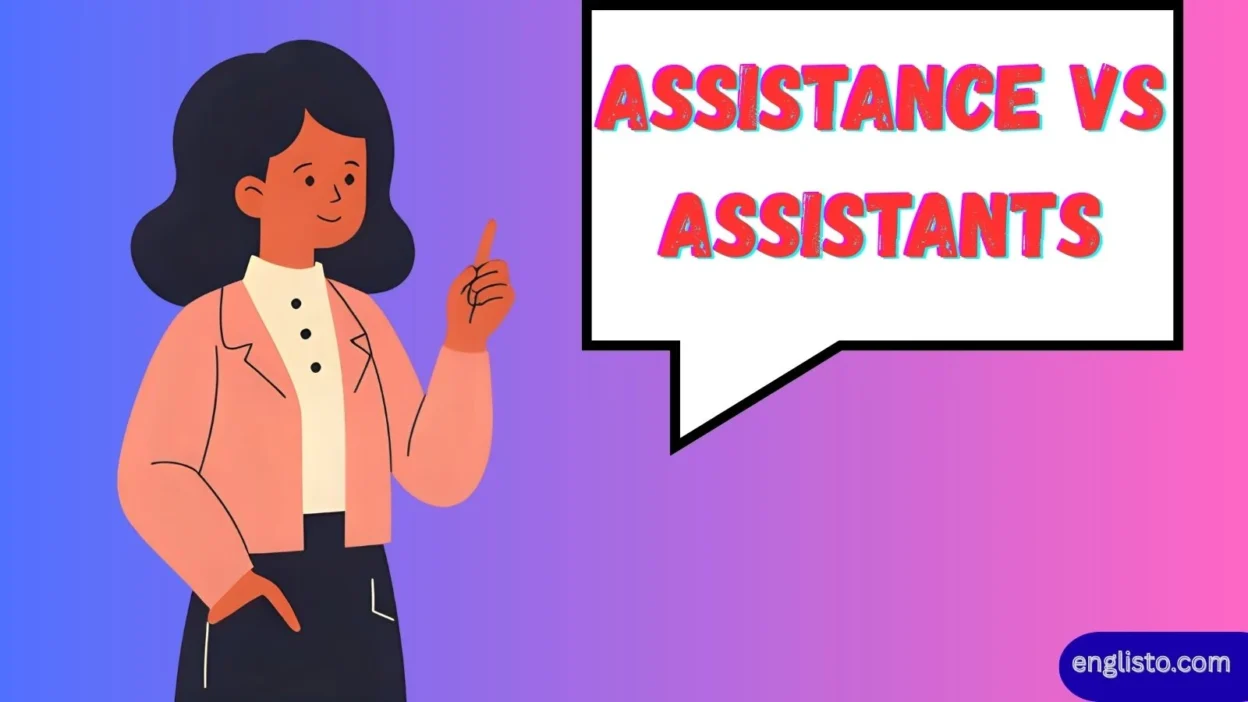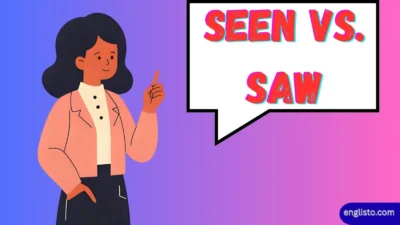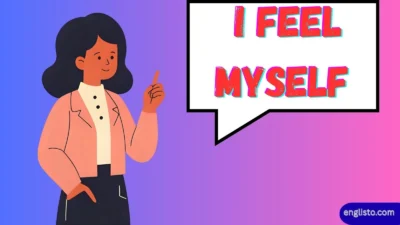Language can be tricky. Some words sound almost identical but carry very different meanings. That’s exactly the case with “assistance” and “assistants.” They’re homophones (words that sound alike) and often cause mix-ups in writing, speech, and even professional settings. Assistance vs Assistants.
In this article, we’ll dive deep into the definitions, grammar rules, usage, examples, history, and real-world applications of assistance and assistants. We’ll explore how they’re used across different fields—from medical support to workplace roles—and clear up the confusion with tables, synonym lists, and context-driven explanations.
Assistance: The Concept of Help
The word assistance is a noun that refers to the act of helping, support, or aid. It’s an abstract concept, something you can receive, provide, or request—but not a person.
Think of it this way: assistance is the help itself, not the person giving it.
Key Features of “Assistance”
- Part of Speech: Noun (non-countable)
- Definition: The act of helping or supporting someone in achieving a task, goal, or overcoming limitations.
- Pronunciation: ah·s·IH·s·t·ah·n·s
- Etymology: From Old French assister, Latin assistere meaning “to stand near, attend, take care of.”
Usage Examples
- He needed financial assistance after the storm destroyed his home.
- The charity provides legal assistance for families in need.
- Stephen Hawking relied on technological assistance to communicate.
- Without community assistance, rebuilding efforts would have stalled.
Synonyms for Assistance
| Synonym | Nuance | Example Sentence |
| Aid | General help or relief | The NGO offered medical aid to storm victims. |
| Support | Emotional, financial, or moral backing | She provided emotional support during his recovery. |
| Furtherance | Helping in advancement | The grant was in furtherance of the research project. |
| Help | Everyday equivalent | Can you give me some help with this paperwork? |
| Backup | Reinforcement | The police called for backup assistance. |
Read More: Approbation vs Approval: Understanding the Subtle Differences in English Usage
Assistants: The People Who Help
Unlike assistance, assistants refers to people who provide the help. It’s the plural form of assistant, meaning multiple helpers, aides, or subordinates.
Key Features of “Assistants”
- Part of Speech: Plural noun (countable)
- Definition: People employed or tasked to help others with work, tasks, or responsibilities.
- Pronunciation: ah·s·IH·s·t·ah·n·t·s
- Etymology: Also from Latin assistere, but evolved to signify individuals rather than the concept.
Real-Life Examples
- The professor relies on teaching assistants to grade papers and answer student questions.
- The manager’s office runs smoothly thanks to her administrative assistants.
- Photographer Alfred Eisenstaedt worked with studio assistants for his projects.
- Doctors depend on nurses and medical assistants for patient care.
Common Roles for Assistants
| Role | Duties | Example Context |
| Administrative Assistant | Scheduling, paperwork, correspondence | Office environments |
| Medical Assistant | Patient intake, medical records, basic clinical tasks | Hospitals, clinics |
| Research Assistant | Data collection, analysis, lab support | Universities, labs |
| Personal Assistant | Travel, errands, personal scheduling | High-net-worth individuals, executives |
| Teaching Assistant | Classroom support, grading, tutoring | Schools, colleges |
Assistance vs. Assistants: Spotting the Difference
It’s easy to confuse these two because they sound so similar. But here’s the key difference:
- Assistance → Help itself (abstract, non-countable).
- Assistants → The helpers (countable, tangible).
| Feature | Assistance | Assistants |
| Part of Speech | Noun (uncountable) | Noun (plural, countable) |
| Refers To | The act of helping | People who provide help |
| Examples | Financial assistance, technical assistance | Administrative assistants, personal assistants |
| Pronunciation | ah·s·IH·s·t·ah·n·s | ah·s·IH·s·t·ah·n·t·s |
| Similar Words | Aid, support, help | Helpers, aides, deputies |
A trick to remember: “Assistance ends with –ance, like a concept.”
“Assistants ends with –ants, like people (ants working together).”
Real-World Contexts of Assistance
Financial Assistance
- Government subsidies, grants, scholarships
- Example: American economic assistance once reached $3 billion annually in foreign aid.
Medical Assistance
- Doctors, nurses, and technology supporting patient care
- Example: Emergency medical assistance saved lives after the earthquake.
Legal Assistance
- Lawyers, nonprofit legal aid, community clinics
- Example: Christian Legal Assistance (Socorro Jurídico Cristiano) helps low-income families.
Emotional Assistance
- Family, friends, therapists offering empathy
- Example: After surgery, she needed both medical and emotional assistance.
Real-World Contexts of Assistants
Workplace Assistants
- Administrative aides, secretaries, office staff ensuring workflow
- Managers rely on assistants to keep operations smooth.
Academic Assistants
- Teaching assistants, research assistants supporting professors and scientists
- Columbia University employs graduate assistants for research projects.
Specialized Assistants
- Photographer’s assistants, lab technicians, event assistants
- Artists like Clara W. Parrish often worked with studio assistants.
Modern Digital Assistants
- Personal digital assistants (PDAs), smartphones, AI-powered tools
- From Palm Pilots to today’s voice-activated assistants, technology has evolved dramatically.
When People Get Confused
Because assistance and assistants are homophones, miscommunication is common. Imagine this scenario:
- “The office received new assistance today.” (Do you mean financial aid or new staff members?)
- “He hired assistance for his business.” (Incorrect → should be assistants if referring to people.)
Why Confusion Happens
- Identical sound → Both sound like ah-sis-tens.
- Similar spelling → Just a shift from “–ance” to “–ants.”
- Context dependence → Only context reveals the correct meaning.
Grammar and Usage Guide
- Assistance → Non-count noun
- Correct: She provided much assistance.
- Incorrect: She provided many assistances.
- Correct: She provided much assistance.
- Assistants → Countable plural noun
- Correct: Three assistants helped with the event.
- Incorrect: Three assistance helped with the event.
- Correct: Three assistants helped with the event.
Word Origins and Etymology
Both words share roots:
- Latin assistere = “to stand by, to attend.”
- Middle English adopted assisten (to help).
- Over time, “assistance” became the concept of help, while “assistant(s)” became the title for the helpers themselves.
This split illustrates how language evolves to cover both abstract ideas and tangible roles.
Famous Examples of Assistance and Assistants
- Stephen Hawking → Relied on technological assistance for communication.
- Alfred Eisenstaedt → Worked with photographic assistants for lighting setups.
- Government Aid → International financial assistance supported storm victims.
- Overworked Assistants → Popular stories and workplace reports highlight assistants juggling endless tasks.
FAQs
What’s the difference between “assistance” and “assistants”?
Assistance is the help itself (abstract noun), while assistants are the people providing help (plural noun).
Can I say “many assistance”?
No. Assistance is non-countable. You can say a lot of assistance or much assistance.
Are “assistance” and “assistants” homophones?
Yes, they sound almost identical in English, which often leads to confusion.
Can “assistance” ever mean people?
No. It only refers to the act of helping, never to individuals. For people, use “assistants.”
How do I remember the difference?
Think: –ance = concept, –ants = people. Like ants working together as helpers.
Conclusion
The confusion between assistance and assistants is perfectly natural—they sound the same, look nearly the same, and come from the same root. But the difference is crucial:
- Assistance is the help itself.
- Assistants are the people who help.
From financial aid to office support, from Stephen Hawking’s technological assistance to a professor’s teaching assistants, these words show up in countless aspects of life. Remembering the distinction will not only improve your grammar but also make your communication more precise and professional.
So next time you’re writing, ask yourself: Am I talking about the act of helping, or the people who help? That’s the difference between assistance vs. assistants.



